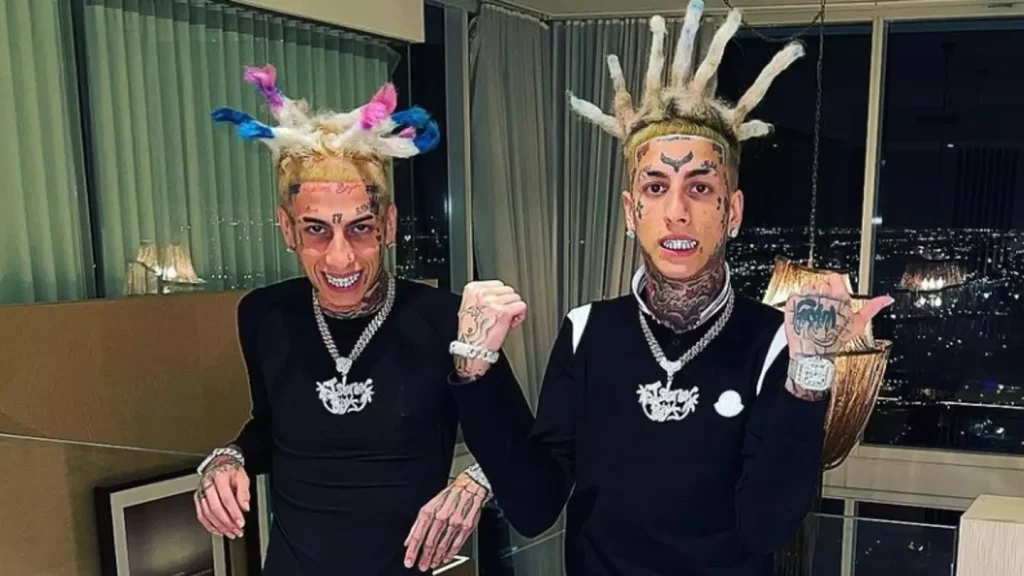
The case of the Island Boys—twin brothers Franky and Alex Venegas, known professionally as Kodiyakredd and Flyysoulja—offers an instructive example of how rapid internet fame can translate into equally rapid financial decline. This report examines their rise to prominence, their income generation strategies, the financial mismanagement that followed, and the structural weaknesses that led to what the media described as their “overnight downfall.”
Through a detailed, section-by-section explanation, this analysis explores the relationship between social media virality, wealth accumulation, personal branding, public controversy, and eventual bankruptcy-like collapse, concluding with insights for future digital creators on financial literacy and reputation management.
Introduction: The Phenomenon of Instant Fame
In the last decade, platforms such as TikTok, YouTube, and Instagram have redefined celebrity culture. The traditional route of gradual career growth has been replaced by algorithm-driven virality, where a single video can create a global name overnight.
The Island Boys represent a textbook case of this phenomenon. Their unscripted performance of the freestyle song “I’m an Island Boy” in late 2021 became one of the most recognizable viral clips of the year.
Their rise demonstrated how authenticity, eccentricity, and meme culture intersect to create short-term celebrity status. However, their later decline underscores the risk of lacking business discipline and professional structure in an industry built on short attention spans.
Background: Origins and Early Life
Franky and Alex Venegas were born in Florida in July 2001. Raised in a working-class environment, both brothers faced early challenges, including disciplinary and legal issues during adolescence. Their physical appearance—distinctive hairstyles resembling palm fronds, facial tattoos, and flashy jewelry—became an integral part of their public persona.
Before their viral moment, they had already begun experimenting with rap music under various pseudonyms. Yet none of these early attempts gained traction until the accidental success of “I’m an Island Boy.”
That clip, recorded near a swimming pool and posted on TikTok, immediately gained millions of views. Viewers shared it both for amusement and fascination. By the time mainstream media outlets picked up the story, the brothers had become symbols of Gen-Z meme fame—charismatic, unconventional, and unpredictable.
Revenue Streams and Early Financial Success
Once viral attention converted into mass followership, the Island Boys began generating income from multiple digital channels. Their monetization model was broad but unstable, relying heavily on short-term digital engagement rather than long-term brand equity.
1- Social Media Monetization
They capitalized on TikTok’s Creator Fund, YouTube ad revenue, and promotional collaborations. Sponsored content deals provided immediate income but depended entirely on maintaining their viral momentum.
2- Cameo and Personalized Appearances
The duo joined the platform Cameo, where they charged substantial fees for personalized video messages. At their peak, they were among the platform’s most requested creators, generating thousands of dollars weekly.
3- Music Streaming
After the success of their debut freestyle, they released studio versions of “I’m an Island Boy” and other singles on streaming platforms. Although initial streaming numbers were high, sustained listening rates fell quickly because their notoriety stemmed more from novelty than musical quality.
4- Merchandise Sales
Branded merchandise—such as apparel and accessories—provided another revenue stream. However, the lack of a scalable e-commerce structure and inconsistent promotion limited profitability.
5- Event Appearances
They received paid invitations for club appearances and influencer conventions, commanding significant short-term fees.
Collectively, these avenues gave them access to six-figure monthly revenues. Yet, without proper budgeting or professional management, their income growth was not matched by financial stewardship.
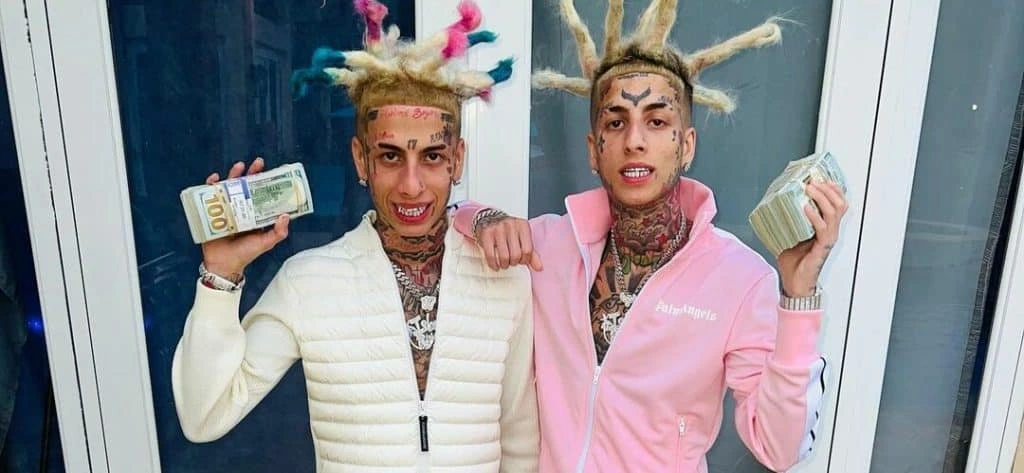
Expenditure Pattern: Lifestyle Inflation and Financial Mismanagement
The Island Boys’ financial behavior after success reveals a classic case of lifestyle inflation—spending in proportion to perceived wealth rather than actual cash flow.
1- Luxury Consumption
They purchased high-end vehicles, diamond jewelry, designer clothing, and rented expensive properties in South Florida. Much of their online content showcased these luxuries, reinforcing their image as affluent entertainers.
However, such consumption was unsustainable because it did not correspond to recurring passive income.
2- Lack of Financial Oversight
There was little evidence of financial planning, savings, or investment. They reportedly had no long-term accounting support, leading to poor tax compliance and unmonitored expenditures.
This absence of professional structure made them financially vulnerable once their viral revenue streams began to decline.
3- Symbolic Spending and Image Maintenance
Maintaining public perception became an expense in itself. Their image—extravagant, rebellious, and carefree—required continuous visual reinforcement through possessions and appearances. This created a psychological dependency on display, draining liquidity.
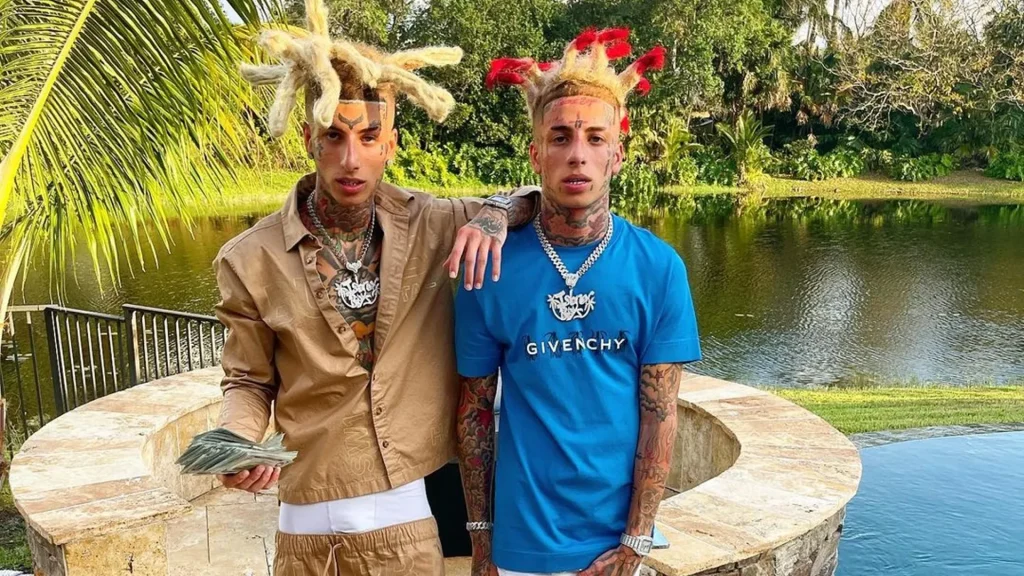
Decline in Popularity and Erosion of Revenue
The same algorithms that elevated them eventually accelerated their decline. Social media audiences quickly shifted to new trends. Engagement metrics dropped, which directly reduced income from brand deals and ad revenue.
1- Algorithmic Saturation
Once audiences became desensitized to their persona, view counts plateaued. Without innovative content or musical progression, their virality cycle ended within months.
2- Brand Reputation Deterioration
A series of online altercations with other influencers and questionable public behavior damaged their commercial reputation. Sponsors and event organizers grew hesitant to associate with them.
3- Decline in Music Credibility
Their attempts to transition into legitimate musicians were met with skepticism. Music critics largely categorized their work as novelty content rather than art, limiting industry collaboration opportunities.
As the audience’s curiosity waned, their cash inflow sharply contracted, while lifestyle expenses remained constant.
Controversies and Public Backlash
The twins’ response to diminishing attention was to engage in increasingly controversial actions to regain visibility. This phase proved disastrous both financially and reputationally.
1- Confrontations and Public Feuds
They participated in online arguments and live-streamed disputes with other content creators. These incidents drew temporary traffic but further associated their image with volatility rather than professionalism.
2- Explicit Content Ventures
In a controversial shift, they opened adult content subscriptions. While initially profitable, their decision to produce explicit or incest-suggestive material drew severe backlash. Public outrage led to social-media bans, loss of sponsorships, and long-term reputational harm.
3- Allegations and Legal Complications
The duo faced several legal challenges, including landlord disputes, unpaid managerial fees, and minor arrests. Legal defense expenses reportedly consumed the remainder of their liquidity.
4- Declining Public Sympathy
When a viral clip circulated showing one of their credit cards being declined for a minor purchase, the event became symbolic of their collapse. Public ridicule replaced fan engagement, and the phrase “Broke Boys” entered online vernacular as shorthand for financial downfall.
Internal Conflict and Professional Fragmentation
The Island Boys’ brand relied heavily on the unity of the twins. However, as stress increased, interpersonal conflict intensified.
- Franky (Kodiyakredd) adopted a more erratic public persona, embracing shock content.
- Alex (Flyysoulja) appeared to withdraw from controversy, reportedly focusing on personal matters.
The divergence of personal interests fractured their joint management and diluted the brand identity that had originally attracted audiences. Once their partnership deteriorated, the commercial value of “The Island Boys” as a collective asset effectively dissolved.
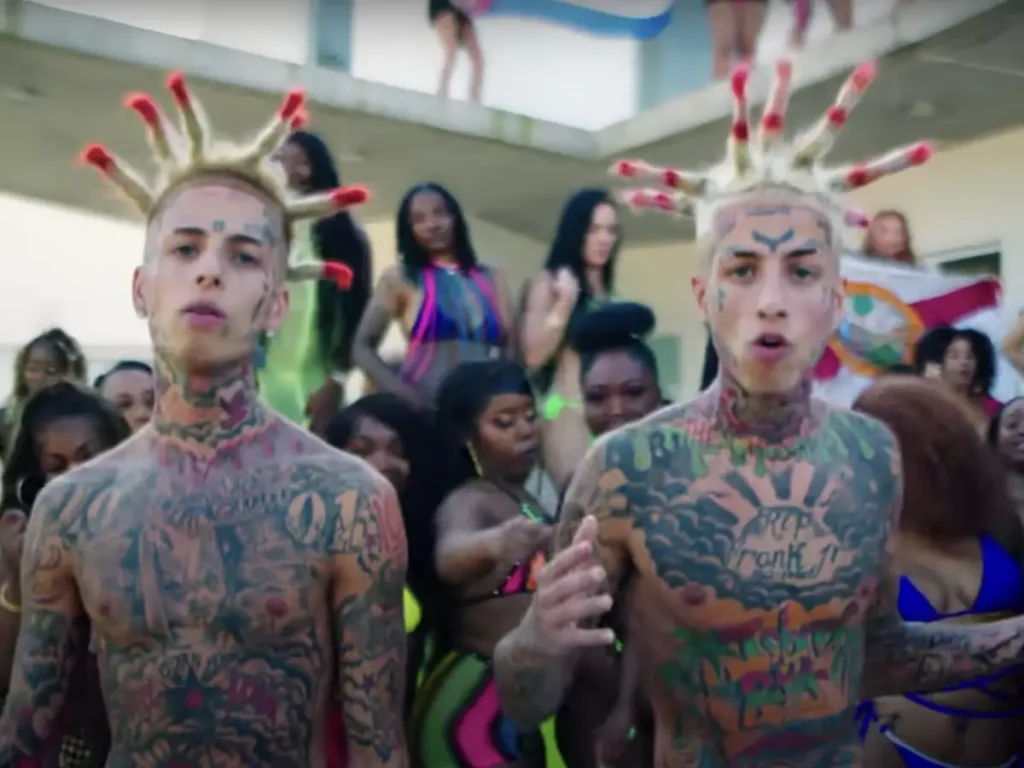
The Role of Media and Public Perception
Media exposure amplified both their rise and their downfall. Digital culture thrives on spectacle, and their struggles become public entertainment.
This phenomenon demonstrates how media ecosystems monetize both success and failure. The same outlets that promoted their music subsequently covered their bankruptcy rumors and arrests. As a result, every controversy brought attention but no profitability.
For the Island Boys, fame turned into surveillance. Their financial difficulties became viral content, further restricting opportunities to rebuild credibility.
Financial Collapse: Indicators and Impact
Although the exact figures of their income and expenditure remain undisclosed, the indicators of financial collapse are consistent with those of rapid liquidity depletion:
- Declined Payment Transactions – Public incidents indicating lack of available funds.
- Legal Disputes – Claims from managers and service providers for unpaid obligations.
- Asset Liquidation – Reports of selling or forfeiting luxury possessions.
- Housing Instability – Periodic relocation and alleged evictions.
- Reduced Public Engagement – Fewer appearances and limited content creation.
These elements collectively signify a transition from solvency to insolvency, driven not by a single event but by cumulative financial irresponsibility.
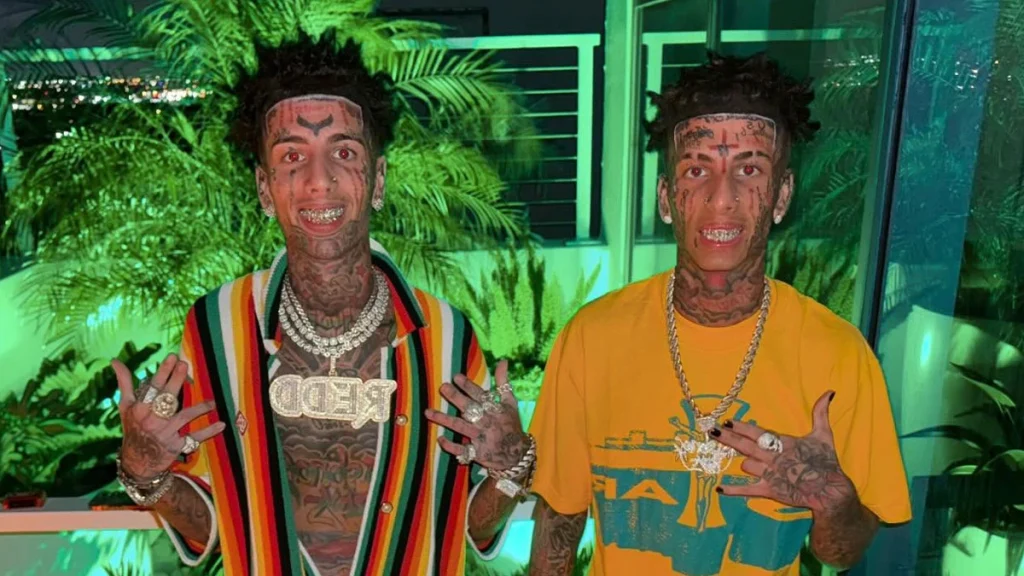
Psychological and Social Dimensions
Beyond economics, the Island Boys’ trajectory reflects the psychological toll of unregulated fame. Rapid social elevation without emotional preparation can lead to identity confusion, impulsive decision-making, and dependency on external validation.
Their frequent public emotional outbursts and inconsistent messaging suggested internal instability. Psychologists studying influencer culture often note that creators who equate self-worth with digital approval face higher risk of burnout, addiction, and self-destructive behavior—patterns that align with the brothers’ decline.
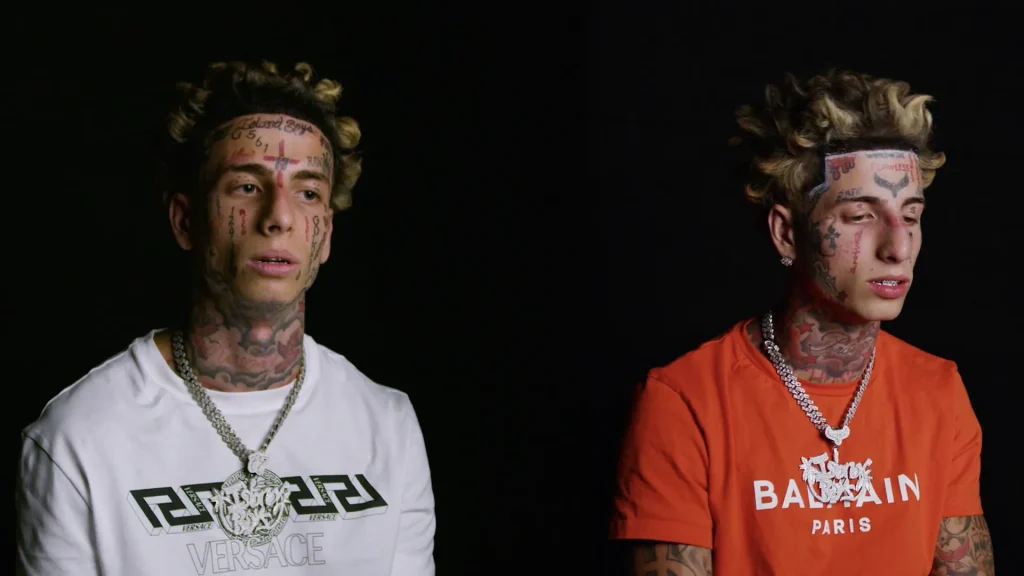
Lessons for Digital Creators and the Entertainment Industry
The Island Boys’ downfall provides actionable insights for creators, managers, and investors involved in social-media-based entertainment.
1- Financial Education Is Essential
Content creators must receive guidance on accounting, taxation, and wealth preservation. Viral fame is volatile; financial literacy ensures stability beyond peak popularity.
2- Reputation Management Determines Longevity
Brands partner with personalities, not controversies. Professional behavior sustains opportunities even when engagement fluctuates.
3- Diversification Protects Against Algorithmic Risk
Creators dependent on one platform or one type of content are exposed to algorithm changes. Building multiple income streams—music publishing, licensing, merchandise, or business ventures—creates resilience.
4- Personal Well-Being Must Precede Public Performance
Sustainable success requires psychological boundaries between online identity and private life. Without such boundaries, burnout becomes inevitable.
5- Long-Term Value Over Short-Term Visibility
The digital economy rewards virality but monetizes consistency. Short bursts of fame rarely translate into stable careers unless supported by authentic skill and disciplined execution.
Current Status and Efforts Toward Rehabilitation
As of recent updates, the brothers have pursued independent projects. Reports suggest one continues to produce limited music content, while the other has prioritized personal rehabilitation.
Their social media presence remains minimal, reflecting either strategic withdrawal or lack of engagement capacity. Although minor attempts at rebranding have surfaced, public perception of the Island Boys remains largely negative.
Recovery of reputation in the digital era demands authentic transparency, community rebuilding, and consistent professionalism—all of which take significant time.
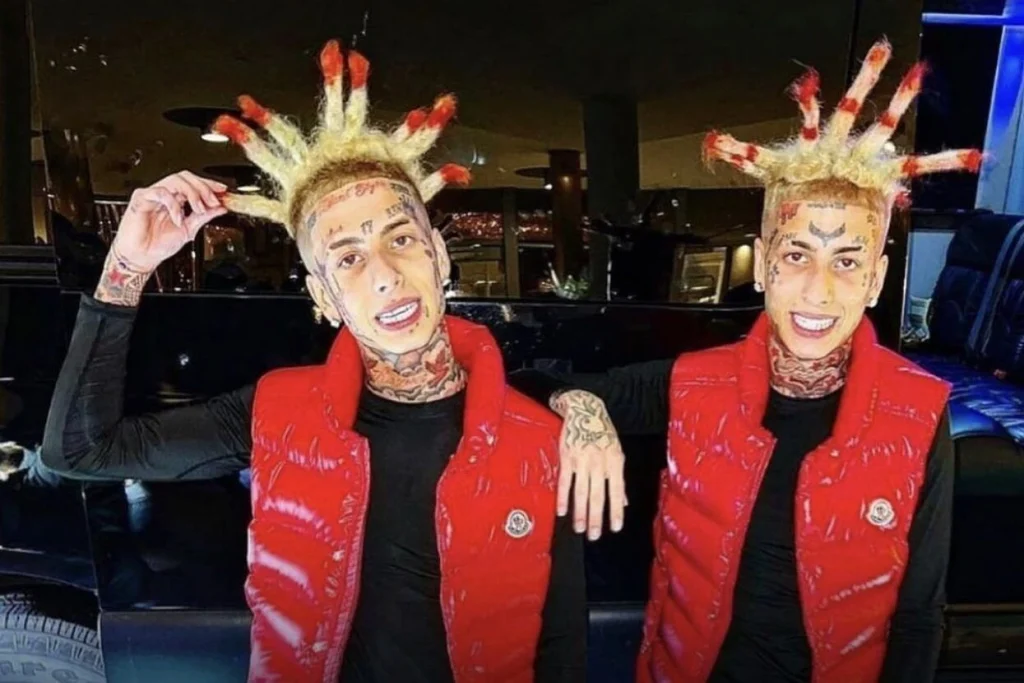
Broader Implications: The Economics of Viral Collapse
The Island Boys’ experience illustrates broader structural realities within influencer economics:
- Revenue Volatility: Income depends on audience attention, which can shift overnight.
- No Unionization or Safety Nets: Unlike traditional entertainment industries, social media creators lack formal protection against burnout or financial loss.
- Platform Power: Algorithms, not talent, determine visibility. Once an account is deprioritized, income evaporates.
- Cultural Memory Is Short: Internet audiences rarely sustain interest in the same figure beyond a few viral cycles.
Their story functions as a warning for investors and managers entering the creator economy: fame without infrastructure is financial quicksand.
Ethical Considerations and Media Responsibility
An additional layer of analysis concerns society’s role in amplifying and exploiting such collapses. Public fascination with decline creates perverse incentives for creators to engage in reckless behavior for attention.
The Island Boys were not solely victims of their choices—they were also products of a digital culture that rewards excess, mocks failure, and forgets humanity.
For media outlets, this case highlights the ethical obligation to balance coverage with empathy and avoid monetizing the personal crises of young creators.
Conclusion: The Price of Digital Stardom
The phrase “How the Island Boys Went Broke Overnight” summarizes more than a financial loss—it encapsulates the fragility of fame in the algorithmic age.
Their story follows a recognizable arc:
- Sudden Discovery
- Rapid Monetization
- Lifestyle Expansion
- Reputational Damage
- Financial Exhaustion
- Public Humiliation and Withdrawal
The lesson is straightforward: influence without infrastructure leads to instability. The Island Boys achieved instant notoriety but lacked the governance, mentorship, and discipline to convert it into enduring success.
Their downfall serves as a formal case study for educators, entertainment managers, and aspiring influencers in understanding that online popularity is not synonymous with financial security.


